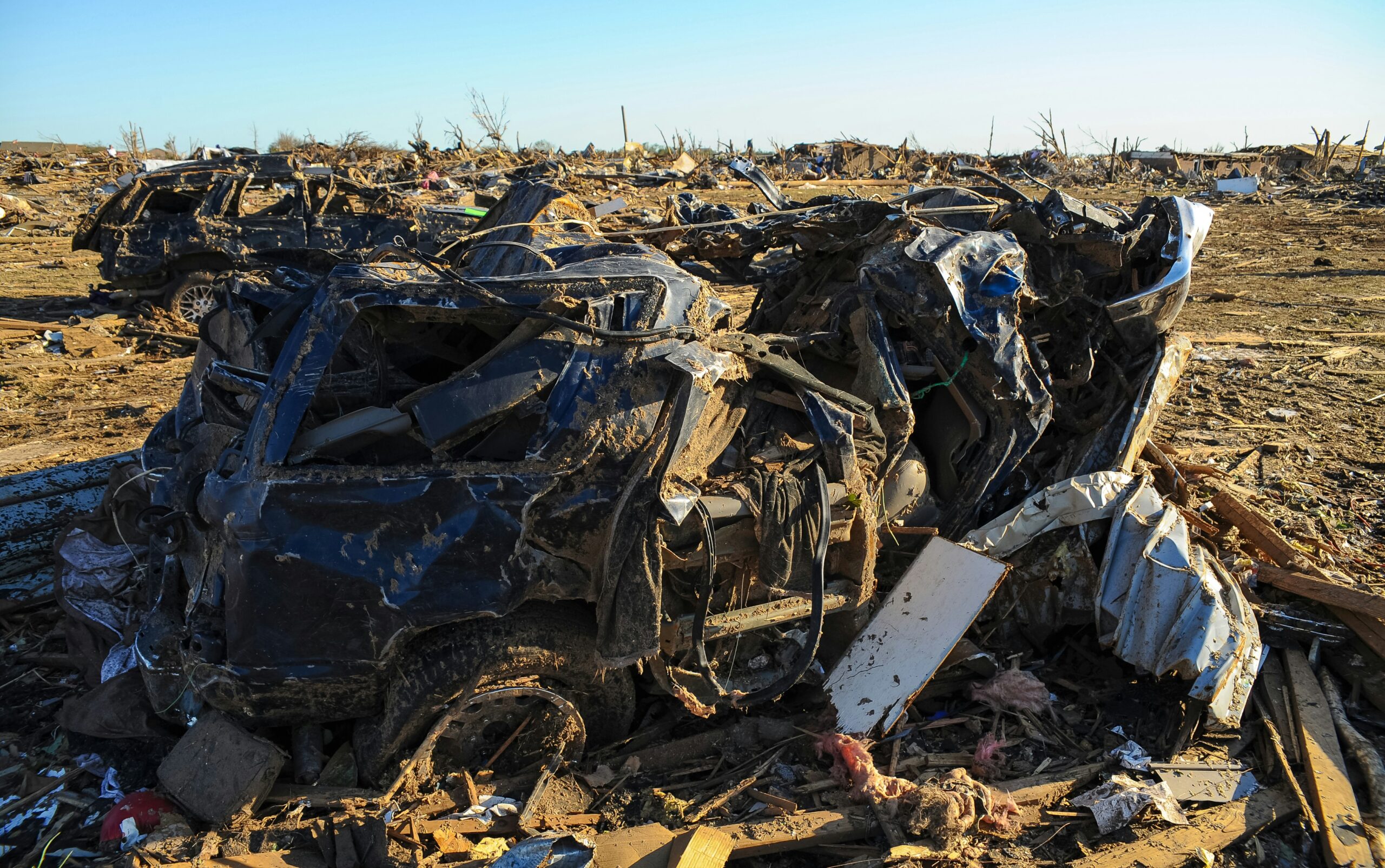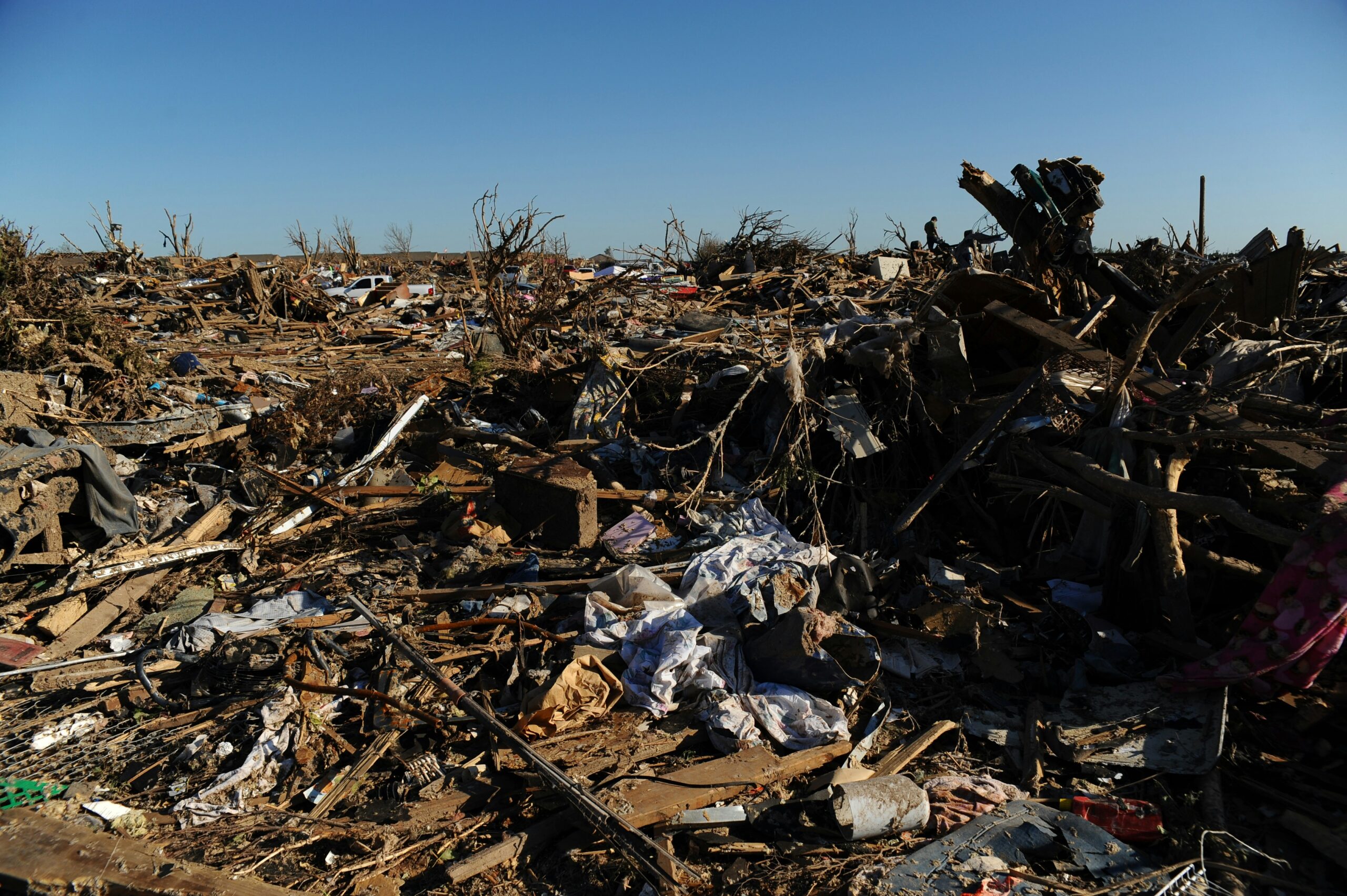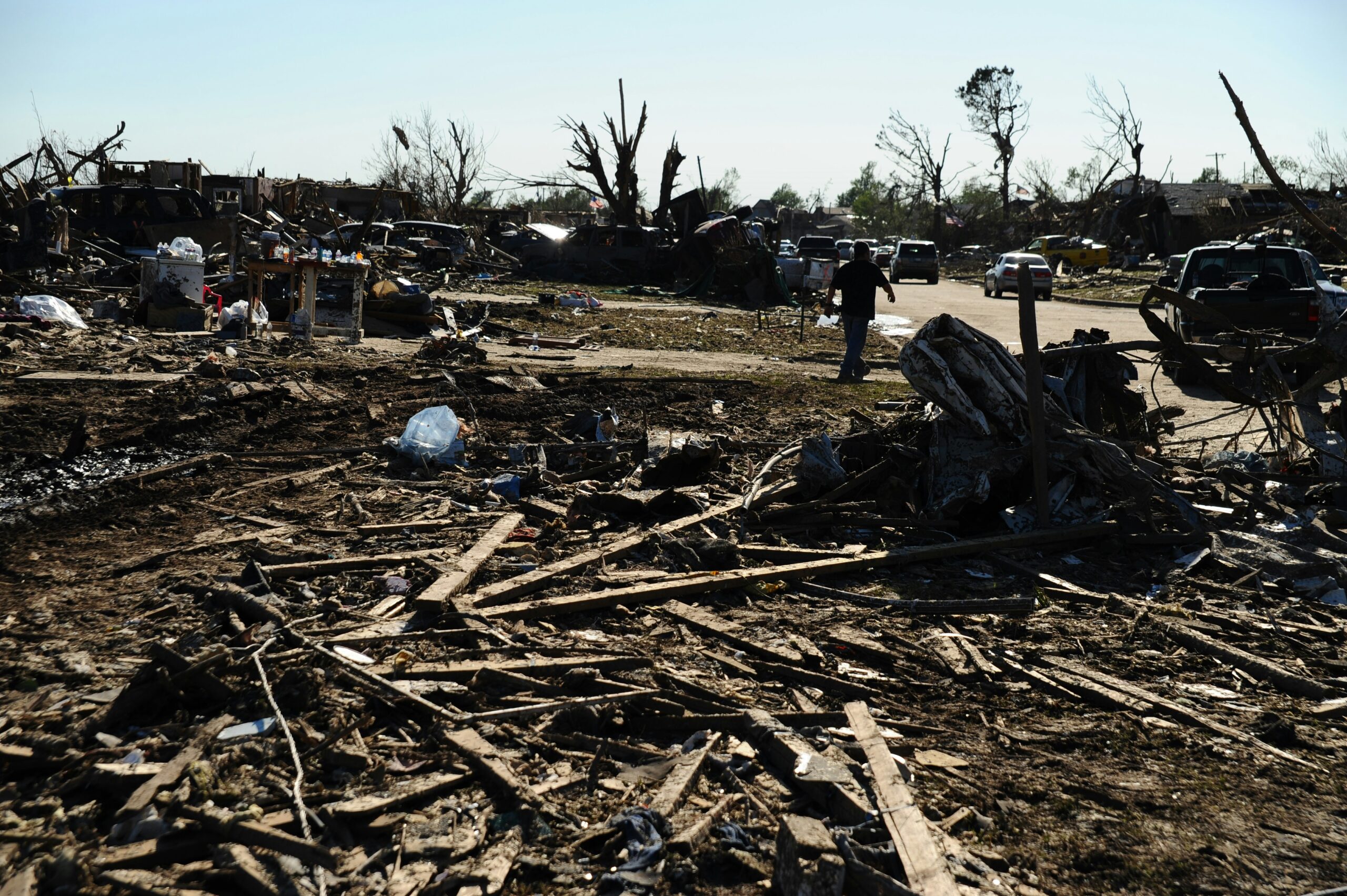In today’s unpredictable world, being prepared is key to navigating any situation successfully. Whether it’s a natural disaster, a sudden change in circumstance, or an unexpected turn of events, having a mindset of readiness can make all the difference. Being prepared means having the necessary tools, knowledge, and resources to handle whatever comes your way. It means being proactive rather than reactive, and taking control of your own destiny. So, why is preparedness important? Let’s explore the reasons together and uncover the power of being prepared.

Understanding the Concept of Preparedness
Definition of preparedness
Preparedness refers to the state of being ready or equipped to deal with a particular situation or task. It involves planning, organizing, and making necessary arrangements in advance to ensure smooth and effective execution when the time comes. Preparedness is about anticipating potential challenges and taking proactive steps to mitigate risks and enhance overall performance.
Brief history of preparedness
The concept of preparedness is not a new one. Throughout history, individuals, communities, and nations have recognized the value of being prepared. Ancient civilizations would fortify their cities and develop strategies to defend against attacks. In more recent times, preparedness has played a crucial role in military operations, where armies meticulously plan and train for various scenarios.
Differences between preparedness and readiness
Preparedness and readiness are two closely related concepts but with distinct differences. Preparedness is the action of preparing or being ready, while readiness refers to the state of being fully prepared or eager for something. While preparedness focuses on the planning and preparation stage, readiness highlights the state of being prepared to act when the need arises.
The Importance of Preparedness in Daily Life
Preparation for daily tasks
Preparedness is essential in daily life as it allows you to approach tasks and responsibilities with a proactive mindset. By thinking ahead and organizing your resources, you can ensure that you have everything you need to complete your daily tasks efficiently. Whether it is making a to-do list, gathering necessary materials, or allocating time for specific activities, being prepared sets the foundation for a productive day.
Maintaining work/life balance with preparedness
In our increasingly busy lives, maintaining a work/life balance can be challenging. However, by incorporating preparedness into your routine, you can better manage your time and obligations. Planning ahead allows you to allocate dedicated time for work, family, hobbies, and self-care, eliminating the stress of constantly juggling competing demands. By being prepared, you can strike a harmonious balance and lead a fulfilling life.
Impact of preparedness on productivity and efficiency
Preparedness positively impacts productivity and efficiency in various aspects of life. When you are prepared, you can eliminate unnecessary distractions and focus solely on the task at hand. Proper planning ensures that you have the required tools and resources readily available, minimizing the time wasted searching for things or dealing with unforeseen obstacles. This increased efficiency leads to higher productivity and ultimately allows you to achieve more in less time.
Preparedness in Crisis Situations
Role of preparedness in disaster management
Preparedness plays a critical role in disaster management. Whether natural disasters or man-made crises, being prepared can significantly improve the response and recovery efforts. Developing emergency plans, conducting drills, and establishing communication channels in advance can save countless lives and reduce the impact of a disaster. Preparedness also involves creating emergency kits with essential supplies, ensuring that individuals and communities have the necessary resources to weather the storm.
Response time improvement through preparation
In crisis situations, every second counts. Preparedness dramatically improves response times, allowing for swift and effective action. When individuals or organizations have already planned and trained for specific scenarios, they can immediately put their knowledge and skills into practice. This readiness accelerates the response time and increases the chances of successfully managing the crisis.
Preparedness in life-threatening situations
Life-threatening situations, such as medical emergencies, demand immediate action and preparedness can be a matter of life and death. Knowing basic life-saving techniques like CPR or having first aid kits readily available can greatly increase the chances of survival. Furthermore, being mentally prepared to remain calm and think clearly in high-pressure situations can be invaluable when dealing with life-threatening events.
Preparedness in Career Growth
Career planning and preparedness
Career planning is an essential aspect of professional growth, and preparedness plays a crucial role in achieving career goals. By setting clear objectives, assessing skill gaps, and devising strategies to acquire necessary competencies, individuals can prepare themselves for career advancement. Preparedness in career planning involves continuously learning, networking, and staying abreast of industry trends to remain competitive in the job market.
Preparation’s role in professional development
Preparedness is key to professional development. By engaging in continuous learning and skill-building activities, individuals can acquire the expertise required for their desired career trajectory. Attending workshops, conferences, and pursuing relevant certifications not only enhances knowledge but also demonstrates a commitment to professional growth. Preparedness in professional development ensures that individuals are well-prepared for new challenges and opportunities that may arise.
Impact of preparedness on job interviews and promotions
Being prepared is paramount when it comes to job interviews and promotions. Adequate preparation, including researching the company, understanding the job requirements, and anticipating potential interview questions, significantly increases the chances of success. Preparedness allows individuals to present themselves effectively, highlighting their strengths and aligning their experience with the organization’s needs. Similarly, for promotions, being prepared by showcasing accomplishments, taking on additional responsibilities, and actively seeking growth opportunities can make a compelling case for career advancement.

Mental Preparedness
Definition and importance of mental preparedness
Mental preparedness refers to the state of having a resilient and adaptable mindset that can effectively navigate challenges and stress. It involves cultivating emotional intelligence, developing coping strategies, and fostering a positive outlook on life. Mental preparedness is crucial as it enables individuals to handle adversity, make sound decisions, maintain mental well-being, and bounce back from setbacks.
Role of mental preparedness in stress management
Stress is an inevitable part of life, but mental preparedness can help mitigate its impact. By developing effective stress management techniques such as mindfulness, relaxation exercises, and seeking support from loved ones or professionals, individuals can better cope with stressors. Mental preparedness equips individuals with the tools to recognize and manage stress, maintaining overall well-being and reducing the risk of burnout.
Impact of mental preparedness on decision making
Clear and effective decision making is critical in various aspects of life. Mental preparedness plays an instrumental role in enhancing decision-making abilities. When individuals are mentally prepared, they are more likely to approach decisions with clarity, objectivity, and an understanding of potential consequences. Mental preparedness allows individuals to evaluate options, identify risks, and make informed choices that align with their goals and values.
Preparedness in Academia
Preparation’s role in academic success
Preparedness is fundamental to achieving academic success. Being prepared involves completing assignments, studying course materials, and actively participating in class. By approaching academics with a proactive mindset, individuals can better absorb information, engage in meaningful discussions, and perform well in assessments. Being prepared sets the stage for academic excellence and provides a solid foundation for future endeavors.
Preparedness techniques in studies
Incorporating preparedness techniques into study routines can significantly enhance learning outcomes. Effective techniques include creating study schedules, breaking down complex subjects into manageable chunks, and reviewing material consistently. In addition, being prepared for classes by previewing lecture materials and preparing questions promotes active engagement and deeper understanding of the subject matter.
Impact of preparedness on exams and presentations
Preparedness has a direct impact on performance during exams and presentations. Thoroughly reviewing study materials, practicing problem-solving techniques, and simulating exam conditions can boost confidence and reduce anxiety. Similarly, being well-prepared for presentations, including rehearsing, creating visually appealing slides, and anticipating potential questions, enables individuals to deliver effective and impactful presentations.

Preparedness in Health and Wellness
Importance of health preparedness
Health preparedness is vital for maintaining physical and mental well-being. By adopting healthy lifestyle habits, individuals can prevent or mitigate the risk of various health issues. Preparedness involves regular exercise, balanced nutrition, and sufficient rest, which are foundational pillars of overall health. Being prepared for potential health challenges by seeking preventive care, having health insurance, and establishing a support system further contributes to long-term health and well-being.
Role of preparedness in maintaining a healthy lifestyle
Preparedness plays a crucial role in maintaining a healthy lifestyle. Planning and preparing meals in advance, scheduling regular exercise, and creating a conducive environment for healthy habits all contribute to long-term success. When individuals are prepared with healthy options readily available, they are more likely to make mindful choices that prioritize their well-being.
Preparedness strategies for mental health
Maintaining mental health requires deliberate preparedness strategies. Regular self-care practices such as setting boundaries, engaging in hobbies, and practicing mindfulness help individuals cultivate emotional resilience and manage stress. Being prepared for mental health challenges involves seeking therapy or counseling when needed, building a support network, and actively engaging in activities that promote positive mental well-being.
Preparedness in Financial Management
Importance of financial preparedness
Financial preparedness is crucial for long-term stability and security. By being prepared, individuals can withstand unexpected financial challenges and work towards achieving their financial goals. Being financially prepared involves budgeting, setting aside emergency funds, and avoiding excessive debt. Financial preparedness provides individuals with a safety net and the ability to navigate unforeseen circumstances without significant financial strain.
Preparation for unexpected financial situations
Life is full of unexpected events that can lead to financial burdens. Being prepared for such situations can significantly minimize the impact. This includes having insurance coverage, creating contingency plans, and making wise financial decisions that consider potential risks. By preparing for the unexpected, individuals can safeguard their financial well-being and be better equipped to handle emergencies.
Preparedness in investment and savings
Preparedness is key when it comes to investments and savings. Researching investment options, consulting with financial advisors, and understanding one’s risk tolerance are essential for making informed investment decisions. Similarly, being prepared for retirement by starting early and consistently saving for the future ensures financial stability in later years. Preparedness in investment and savings maximizes financial growth and minimizes potential losses.
The Role of Technology in Preparedness
Digital tools and apps for preparedness
Technology has revolutionized the way we prepare for various aspects of life. Numerous digital tools and mobile applications are available to enhance preparedness. These tools can help with task management, scheduling, financial planning, emergency communication, and health monitoring, among other functions. By leveraging technology, individuals can streamline their preparedness efforts and have everything they need at their fingertips.
Role of technology in disaster preparedness
Technology plays a significant role in disaster preparedness. Alerts and emergency notification systems can provide timely information and instructions during crises. Satellite imagery and mapping tools aid in assessing and responding to natural disasters. Moreover, social media platforms enable real-time updates and facilitate community support during emergencies, helping individuals stay connected and informed. Technology greatly enhances the efficiency and effectiveness of disaster preparedness measures.
Using technology for financial and academic preparedness
Technology can also be instrumental in financial and academic preparedness. Online banking platforms allow individuals to manage their finances, automate payments, and track expenses conveniently. E-learning platforms and digital resources provide flexible access to educational materials, enhancing academic preparedness. By embracing technology, individuals can leverage its capabilities to bolster their preparedness efforts in various domains.
Challenges in Preparedness
Common obstacles to preparedness
Despite its importance, preparedness can face several challenges. One common obstacle is procrastination, where individuals delay taking necessary actions until the last minute. Lack of awareness and understanding of potential risks and the benefits of preparedness can also hinder readiness efforts. Additionally, limited resources, whether financial, time, or knowledge, can pose challenges to being adequately prepared. Overcoming these obstacles requires commitment, education, and proper planning.
Overcoming challenges in preparedness
To overcome challenges in preparedness, it is essential to cultivate a proactive mindset and develop good habits. Setting clear goals, breaking them into achievable steps, and maintaining consistency can help overcome procrastination. Raising awareness about the importance of preparedness through education and information sharing is crucial. Seeking resources and assistance from organizations, communities, or government agencies can address the limitations of resources. Overcoming challenges in preparedness requires dedication, adaptability, and a willingness to learn and improve.
Case studies of failed and successful preparedness
Examining case studies provides valuable insights into both failed and successful preparedness efforts. Examples of failed preparedness include instances where organizations neglected to address potential risks, leading to devastating consequences. On the other hand, successful preparedness stories highlight instances where proactive measures were taken, resulting in efficient response and minimized impact. By studying these case studies, individuals and communities can learn from past mistakes, identify best practices, and improve their own preparedness strategies.

